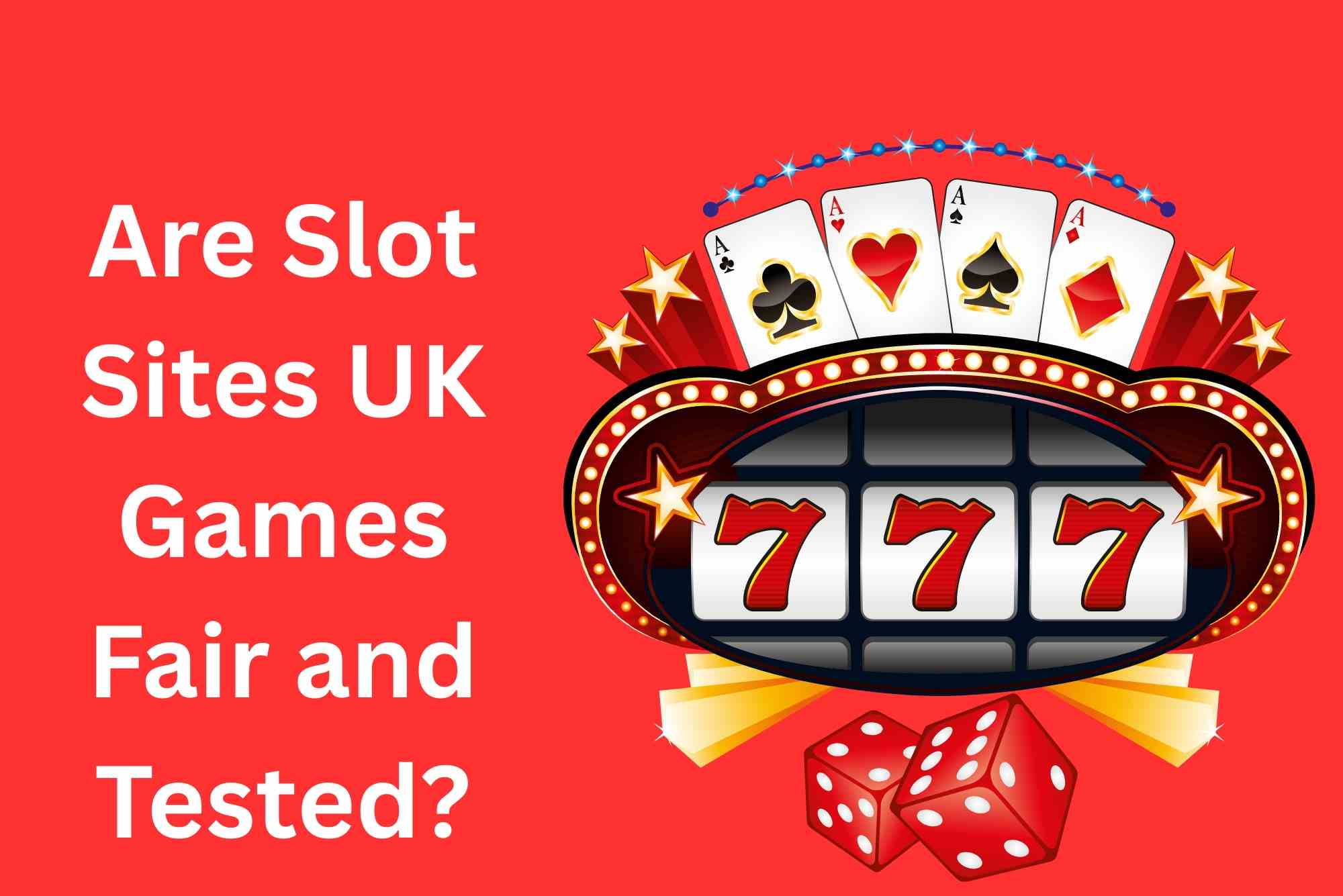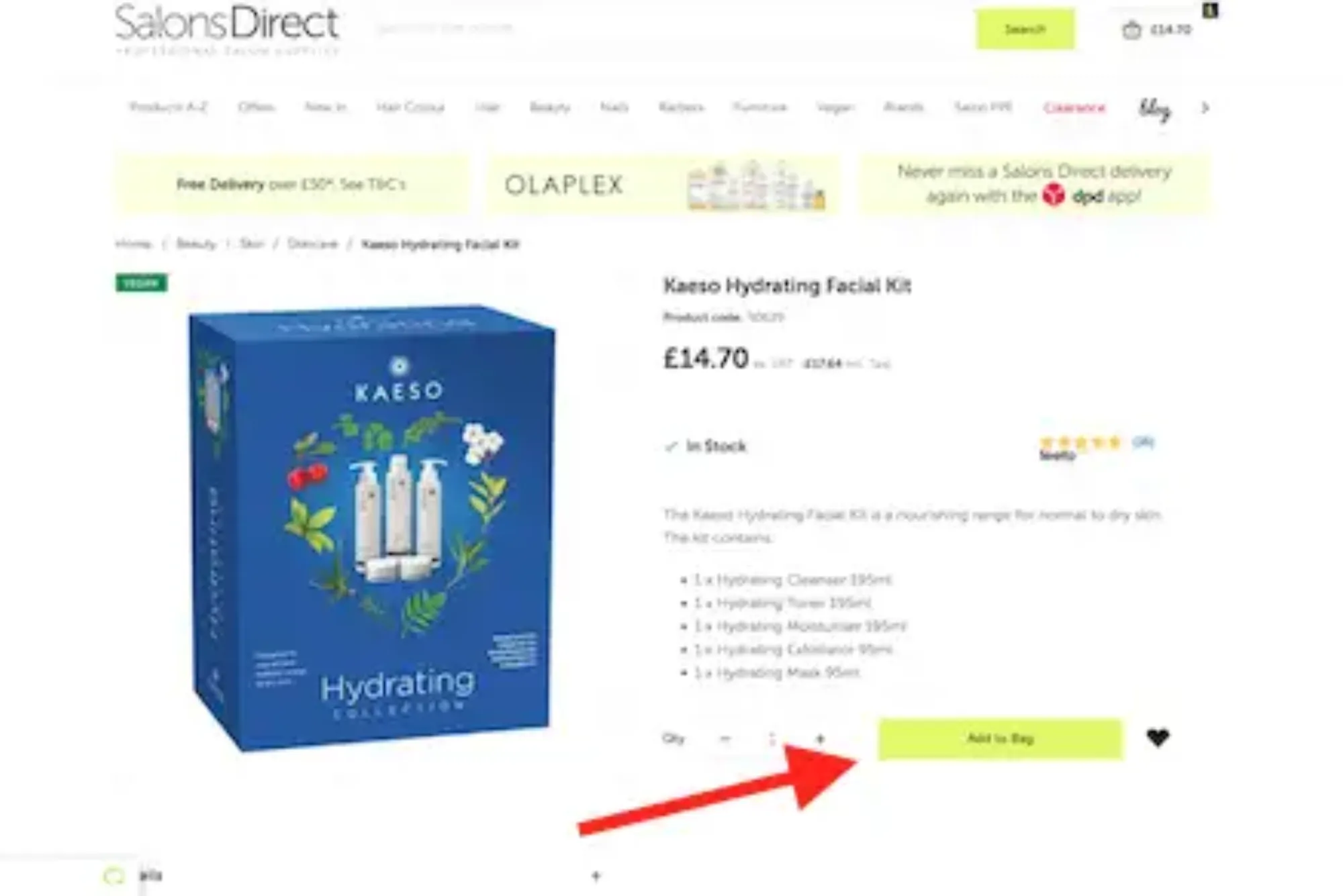When you’re thinking about playing online slots, one of the biggest questions is always the same: are these games really fair? This is especially true for anyone trying out UK slot sites, where the sheer number of options can feel overwhelming. Some players worry that the outcomes are manipulated, while others wonder whether the platforms are tested by trusted authorities. In this article, I’ll break down exactly how fairness works in online slots, the testing standards used in the UK, and what you should look for if you want peace of mind while spinning the reels.
Understanding Fairness in Online Slot Games
Fairness in slot games boils down to whether every player has an equal chance of winning, without the casino being able to manipulate outcomes. On UK slot sites, this is achieved through technology called Random Number Generators (RNGs). These are algorithms designed to ensure that every spin is random and independent of the last. Unlike old-fashioned fruit machines where a physical mechanism decided outcomes, modern slots rely entirely on coded randomness that cannot be predicted.
The RNG is the heart of fairness, but it’s only as reliable as the oversight behind it. That’s why players in the UK can take comfort in knowing that sites are heavily regulated. The Gambling Commission requires operators to use independently tested software, ensuring that results aren’t just random in theory, but also in practice.
How UK Slot Sites Are Regulated
The UK Gambling Commission (UKGC) is one of the strictest regulators in the world, and it has clear rules in place to make sure slot sites UK operate fairly. For a site to receive and keep its license, it must go through rigorous checks. These checks include not only financial transparency and responsible gambling tools, but also game fairness audits.
Licensed operators must partner with certified testing agencies that review the integrity of the games offered. If a casino cannot prove that its games are fair and its RNGs function correctly, it simply cannot operate legally in the UK. This provides players with a unique layer of protection that isn’t always present in international markets.
Independent Testing Agencies and Their Role
You might be wondering, who actually tests these games? Independent auditing agencies such as eCOGRA, iTech Labs, and GLI (Gaming Laboratories International) are regularly used by UK slot sites. These companies don’t work for the casinos; instead, they operate as third-party watchdogs that run extensive simulations to confirm randomness.
For example, when eCOGRA tests a slot, it simulates millions of spins to measure statistical randomness. If patterns are detected, or if payout rates don’t align with published return-to-player (RTP) percentages, the game fails testing. Only after passing does the game receive certification, which the Gambling Commission can verify at any time.
The Importance of RTP Percentages
One of the best ways players can gauge fairness themselves is by looking at RTP, or Return-to-Player percentage. Every slot game on licensed UK slot sites must publish this figure, which shows the theoretical amount of money returned to players over the long run. For example, if a slot has an RTP of 96%, it means that, statistically, £96 is paid out for every £100 wagered—though not necessarily to the same player.
The transparency around RTP gives players an important tool for making informed choices. It doesn’t guarantee individual results, but it does confirm that games aren’t stacked unfairly against the player beyond the house edge that casinos naturally operate with.
Personal Experience with UK Slot Sites
Speaking as someone who has played across a range of UK slot sites, I can confidently say that you can feel the difference between licensed and unlicensed operators. On legitimate sites, you’ll find clear information about licensing, game testing, and RTP values. Many even display eCOGRA seals directly on their websites. On shady sites, however, this information is vague or hidden altogether.
I once tested two different platforms by playing the same slot game—one on a UK-licensed site, the other on a questionable offshore site. The experience was night and day. The licensed site provided smooth gameplay, accurate RTP information, and trust that my wins would be paid. The offshore site, however, felt off. Payouts didn’t line up with advertised percentages, and withdrawal terms were sketchy. That personal lesson taught me that regulation really matters when it comes to fairness.
Technology That Protects Players
Beyond RNG and testing, UK slot sites are also required to use advanced encryption and monitoring systems. This protects both financial transactions and gameplay data. What many players don’t realize is that part of the fairness testing also includes reviewing game servers, making sure results cannot be tampered with once they leave the RNG.
Furthermore, many casinos implement fairness logs, allowing regulators to audit past game results if any disputes arise. This transparency ensures that players aren’t left in the dark if they ever question the outcome of a spin.
Common Myths About Slot Fairness
A lot of myths still surround the fairness of online slots. Some players believe casinos can tighten or loosen a game depending on how much has been wagered. Others think outcomes depend on whether you play during peak hours. On UK slot sites, none of these myths hold up, thanks to strict testing.
Since the RNG doesn’t know how much you’ve wagered, or whether you’ve played recently, every spin is entirely independent. If you lose five times in a row, your next spin is still just as random as the first. This is one of the hardest truths for players to accept, because human brains are wired to see patterns where none exist. But understanding this helps players approach slots with a more realistic mindset.
Why Trust Matters in the UK Market
The reputation of UK slot sites depends heavily on fairness and transparency. With so much competition in the online gaming industry, no licensed operator wants to risk losing its license over rigged games. Trust is currency in this market. Players who feel cheated won’t come back, and word spreads quickly.
The UKGC enforces massive fines for operators who fail to meet standards, and in some cases, sites have been shut down entirely. This strict oversight builds long-term confidence in the market, which benefits both players and reputable operators.
Practical Tips for Players Looking for Fair Games
For players who want to ensure they’re playing fairly tested slots, a few practical steps go a long way. Always check for a UKGC license, which should be displayed at the bottom of the website. Look for independent certification seals like eCOGRA or iTech Labs. Take time to review RTP figures, and compare them across games. And most importantly, stick to well-known brands that have a history of paying out winnings promptly.
Whenever I share advice with new players, I stress that the UK market is one of the safest places to play—as long as you stay within the regulated system. Problems only arise when players chase bonuses or high payouts on unlicensed sites, where fairness can’t be guaranteed.
Final Thoughts on Slot Fairness in the UK
So, are slot sites UK games fair and tested? The answer is yes, as long as you’re playing on licensed platforms. RNG technology, independent testing, transparent RTP percentages, and strict Gambling Commission oversight all combine to make the UK one of the most trusted markets for online slots in the world.
That doesn’t mean every player will walk away a winner—after all, slots are games of chance with built-in house edges. But fairness doesn’t mean guaranteed wins; it means having confidence that the odds are exactly what the game says they are. If you want the best experience possible, choose your UK slot sites wisely, check for certifications, and play responsibly.









